Aug 09, 2017
China's consumer price index (CPI), a gauge of inflation, rose 1.4 percent year on year in July, the National Bureau of Statistics (NBS) said Wednesday.It was s
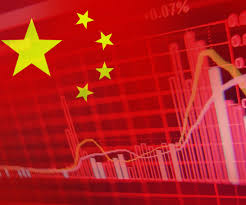
Niu Li, Director of Macro-economy Studies, State Information Center
Aug 04, 2017
Since the start of 2017, China’s economy has shown a stable recovery supported by the better-than-expected exports, high industrial reserves, and a hot property market. Even with financing difficulties and rising costs, it appears that China’s economy will continue to stabilize with improvement through the latter half of the year.

Qin Xiaoying, Research Scholar, China Foundation For Int'l and Strategic Studies
Aug 04, 2017
As Chinese State-owned enterprises experience a new phase of change due to an increased number of mergers. Experts and economists throughout the world are attempting to explain the significance of this new phase. However, to place these mergers in the proper context, it is prudent to first examine history and understand the past stages of this country’s SOE reforms.

Andrew Sheng, Distinguished Fellow at the Asia Global Institute at the University of Hong Kong
Xiao Geng, Director of Institute of Policy and Practice at Shenzhen Finance Institute, Chinese University of Hong Kong
Aug 02, 2017
China’s transformation into a knowledge-based economy occupying a central position in the global value chain will ultimately yield a “reform dividend.” But as exciting as that transformation will be, it will also be dangerous. Never before has an economy so large undergone such far-reaching change so quickly
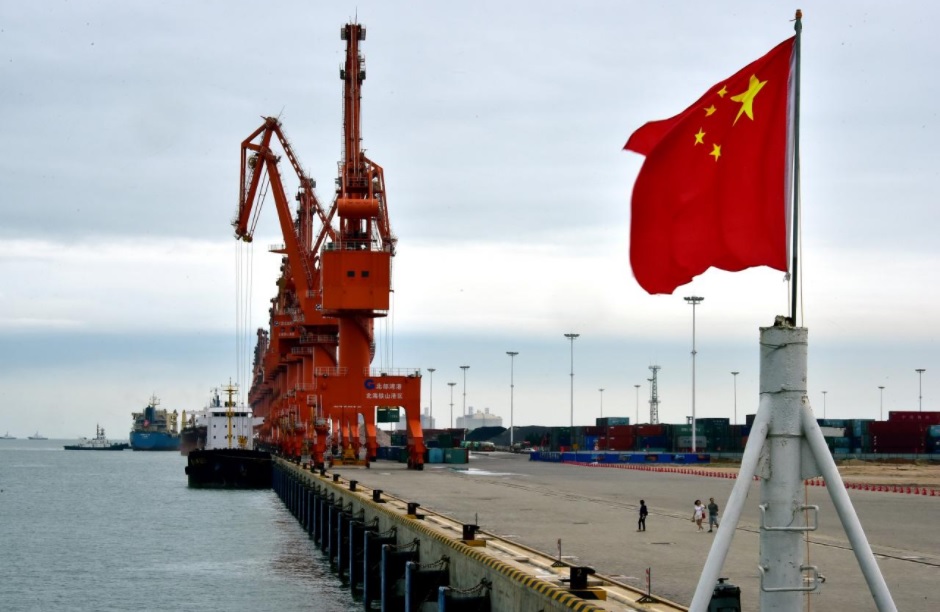
Stephen Roach, Senior Fellow, Yale University
Jul 26, 2017
After decelerating for six consecutive years, China real GDP growth appears to be inching up in 2017. The 6.9% annualized increase just reported for the second quarter exceeds the 6.7% rise in 2016 and is well above the consensus of international forecasters who, just a few months ago, expected growth to be closer to 6.5% this year, and to slow further, to 6%, in 2018.
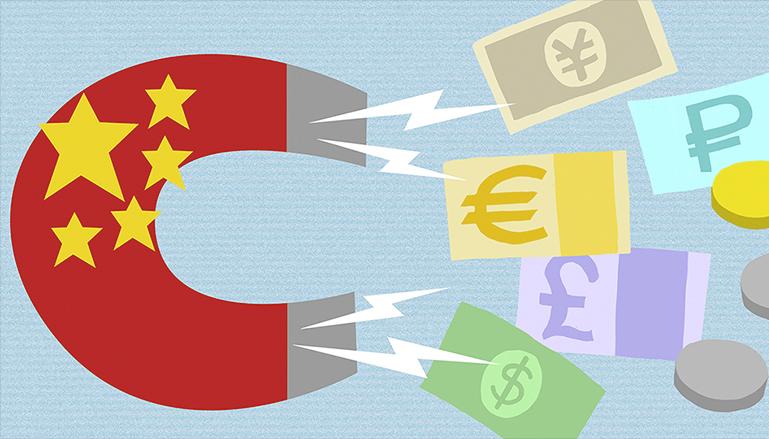
Doug Bandow, Senior Fellow, Cato Institute
Jul 26, 2017
At a time when Beijing seems inclined to turn inward economically, emphasizing state control and punishing foreign investors, American firms should point out the obvious economic benefits of attracting outside capital. American and other foreign firms could create some of the jobs necessary to employ Chinese workers who have come to expect a better life—and are likely to protest if that future does not materialize.
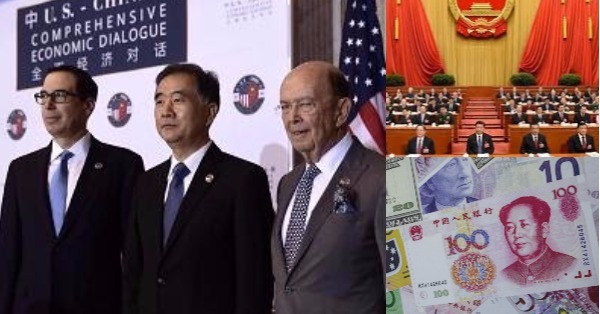
Jul 25, 2017
On July 19th, the first round of U.S.-China Comprehensive Economic Dialogue (CED) was held in Washington. The leaders of the dialogue were U.S. Treasury Secreta
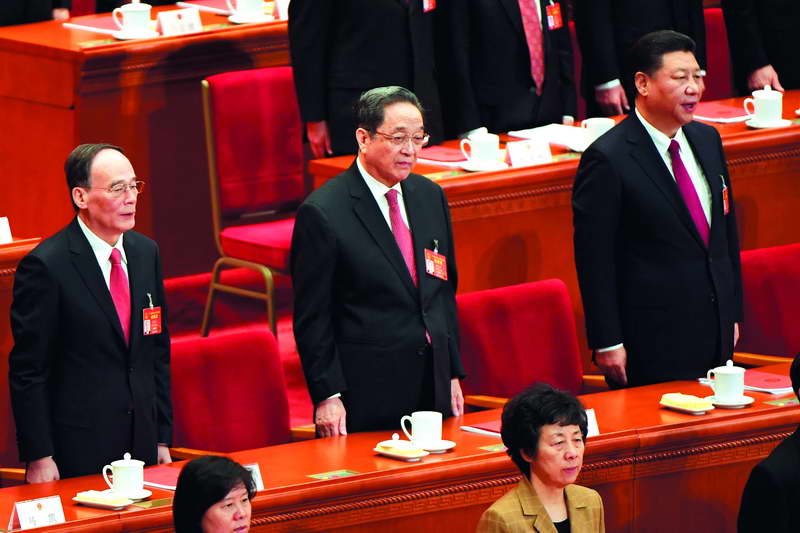
Jinghan Zeng, Senior Lecturer, Royal Holloway University of London
Jul 19, 2017
There are many uncertainties about China’s upcoming 19th Party Congress. It is too early and risky to make any bold predictions (even the date of the Congress is not confirmed), but there is still interesting speculation about the potential rule changes in age and term limits, the impacts of Guo Wengui’s allegations against Wang Qishan, and the spectre of Xi Jinping serving a third term.
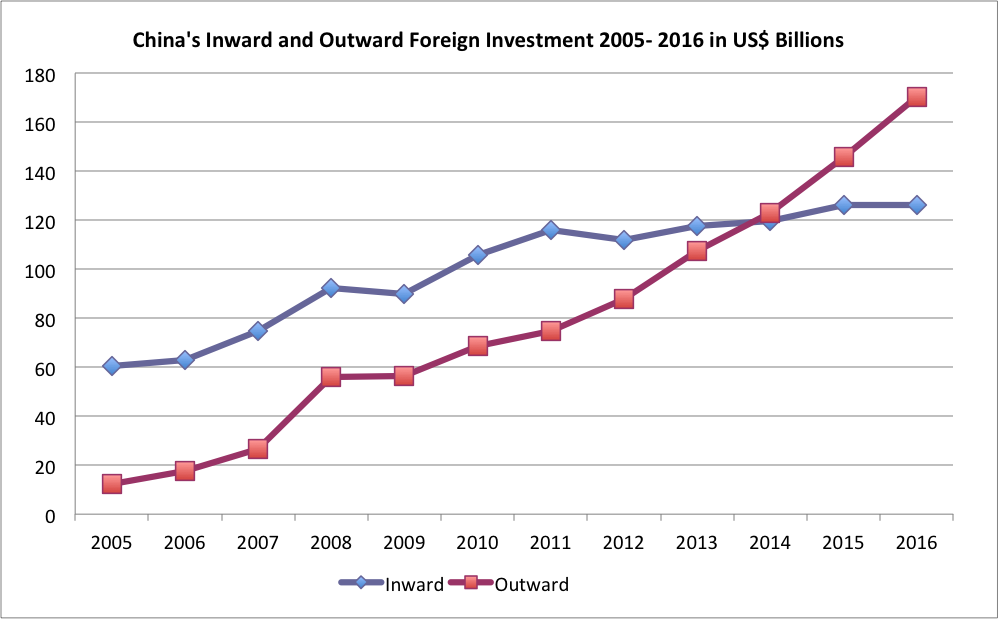
Sam Beatson, a Senior Economic Analyst
Jul 17, 2017
Trade relations with an expanding and increasingly outward facing China have placed foreign leaders in a position whereby public engagement with China on investment and trade issues can create a perception of either pragmatic collaboration for mutual strategic and economic benefit at best or collusion and corruption at worst.
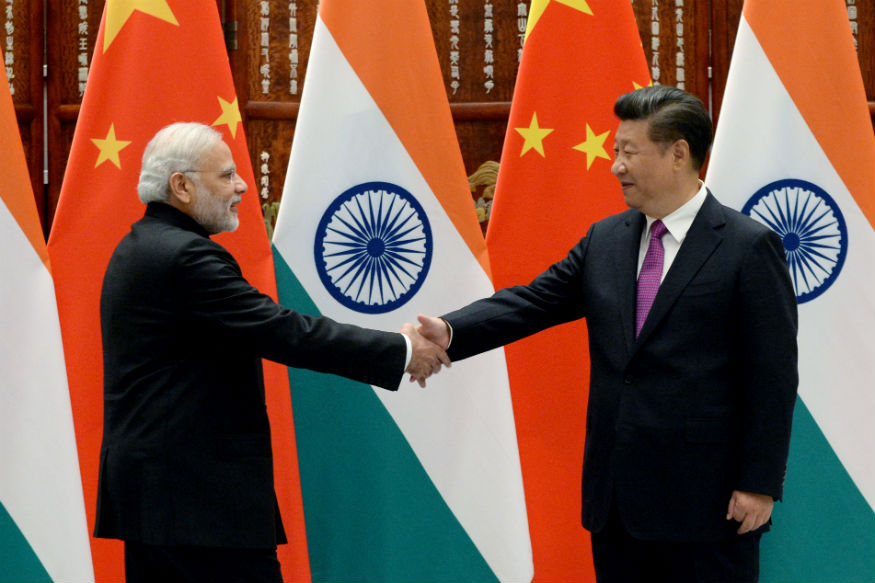
Richard Weitz, Senior Fellow, Hudson Institute
Jul 07, 2017
The Shanghai Cooperation Organization achieved a major boost in momentum at last month’s Astana summit, but realizing its potential will require consistent leadership and resources over the coming year from the Chinese presidency.
Back to Top

- China-US Focus builds trust and understanding between the U.S. and China through open dialogue among thought leaders.
- Our Offerings
- Topics
- Videos
- Podcasts
- Columnists
- Research Reports
- Focus Digest
- Stay Connected
-
Thanks for signing up!
- Get the latest stories from China-US Focus weekly.